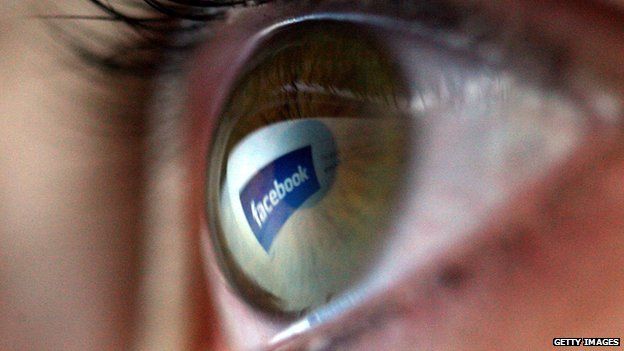Facebook taken to court by Belgian privacy watchdog
- Published

Facebook is being taken to court by the Belgian privacy commissioner over claims it tracks people across the web.
The country's Privacy Protection Commission (CPP) also accused Facebook of tracking the browsing habits of non-users, as well as its own members.
The action follows criticism of Facebook by the same body in May.
Facebook said it was surprised that the CPP had taken the "theatrical action" because it was due to meet the watchdog this week to discuss its concerns.
The CPP said it took the decision because Facebook did not provide "satisfactory answers" to the questions it raised last month, according to a spokeswoman.
The commission, which is working with German, Dutch, French and Spanish counterparts, accused Facebook of trampling on European privacy laws.
A Facebook spokesman said: "We were surprised and disappointed that, after the [CPP] had already agreed to meet with us on 19 June to discuss their recommendations, they took the theatrical action of bringing Facebook Belgium to court on the day beforehand.
"Although we are confident that there is no merit to the [CPP]'s case, we remain happy to work with them in an effort to resolve their concerns, through a dialogue with us at Facebook Ireland and with our regulator, the Irish Data Protection Commissioner."
The commission has asked the court for an immediate order banning Facebook from monitoring non-users in particular, which it may do via plug-ins or cookies.
In the past, Facebook has claimed that the Belgian commission's jurisdiction is "unclear" because the American firm is regulated in Europe by the Irish Data Protection Commissioner.
It also defended its actions when the Belgian commission released its report last month, saying that most websites used cookies, which it said has been an "industry standard for more than 15 years".
- Published15 May 2015
- Published24 February 2015
- Published7 January 2015